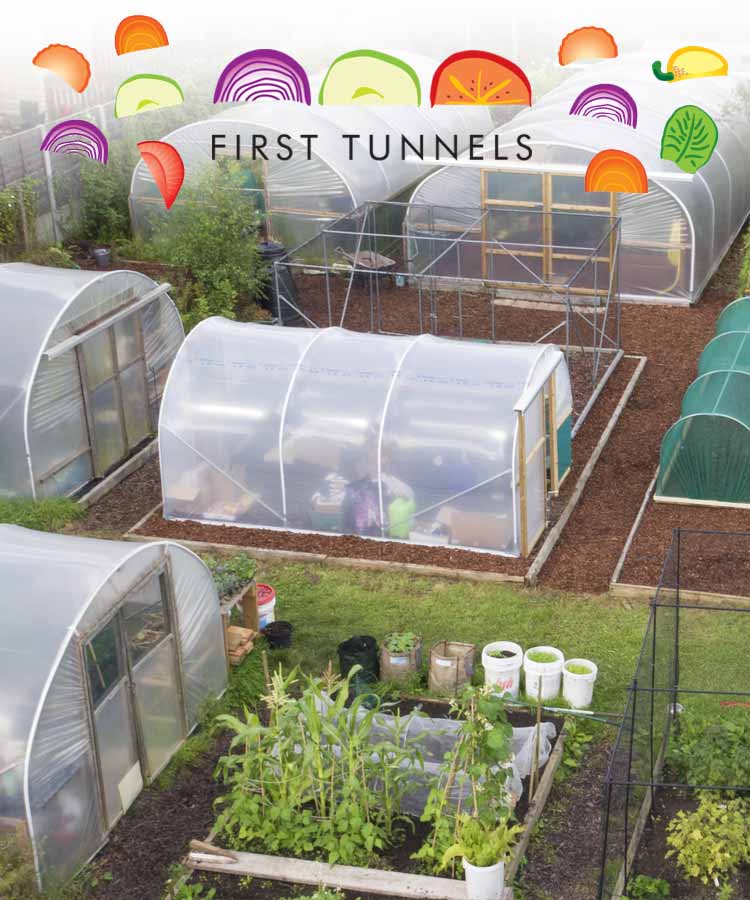Soil health is important and in a polytunnel, where the growing tends to be quite intensive, this is even more the case. It is important to make sure not only that you grow crops for a season, but that you can continue to grow crops sustainably over time. Home made plant feeds will help you to make sure that your soil is rich in nutrients and your plants get all the essentials they need to grow well and remain healthy. Here are a few home made plant feed options that organic gardeners should use in their polytunnels and elsewhere in their gardens:
Weeds in an organic garden should not be viewed as a problem but as a part of the whole – useful plants that can serve a purpose in the system. While some weeds are delicious to eat, others are not going to pull their weight in this way. These weeds, especially those that, due to their methods of propagation, should not be put on a cold compost heap, can be used to make a general purpose feed for other plants. Simply place weeds in a bucket of water and allow them to decompose before straining and adding more water if necessary, before using the tea-coloured liquid in your polytunnel or elsewhere in your garden.
Nettles may be a pain to some gardeners, both literally and metaphorically, but when viewed in a different light, nettles are actually an extremely useful plant. Early in the season, carefully harvested, young nettle tips are delicious when wilted down and can be used like spinach in a range of different recipes. As they mature, nettles can be chopped down and used to make a fibre (nettles can be used to make twine, or even clothes). Nettles also make a good activator for your compost heap, helping it to work faster. To help leafy vegetables and other nitrogen-hungry plants along, nettles can also be used, as in the general 'weed feed' above, to make a liquid feed to use in your polytunnel or in the rest of your garden.
For a feed for tomatoes and other flowering and fruiting plants, comfrey is the number one plant to grow. Comfrey has deep tap roots that can reclaim nutrients from deep in the ground and offers a plant feed rich in potassium as well as nitrogen, phosphorus and other trace elements. Again, chop comfrey and place in a bucket of water (with the lid firmly on – this mix will stink!), dillute to the shade of a cup of tea and then use to water your plants.
Other organic liquid plant feeds are available, and many are easy to concoct at home using ingredients from your garden, home or local area. All will help to enhance the growing potential in your polytunnel.
